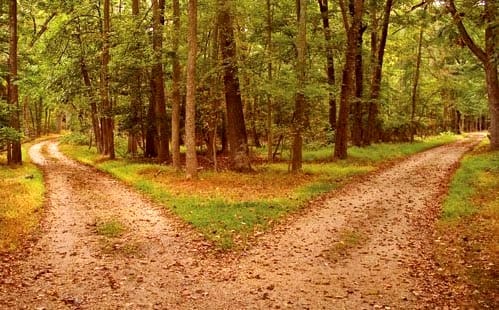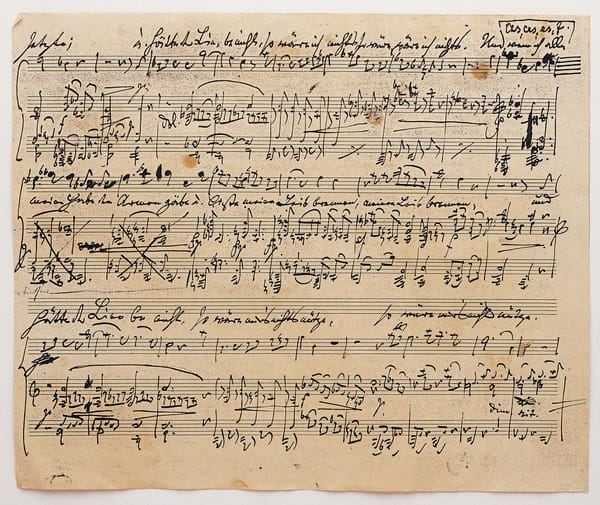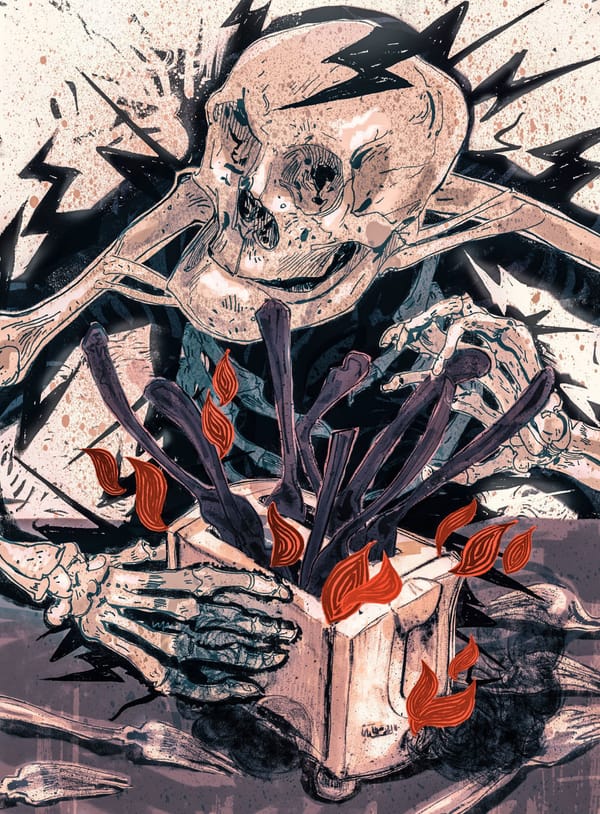threeway | 2016-03-09

trivia etymology
tri-vium (Latin | ‘three’ ‘road/way’) | the place where three roads meet; a split/fork in a road; a commonplace
why is there an ‘r’ in ‘mrs’?
master -> mr -> mister
mistress -> mrs -> missus
why ‘won’t’ instead of ‘willn’t’?
in old english, will, woll, wull, wulle, ull, ool (and a few others) all meant to wish or to will at various times. from the 16th century, wonnot was the preferred contracted version of the negative. eventually, will won the battle over the other positive forms and won’t won over the other negative forms. makes sense since willn’t is terrible to say…
why ‘ARkansaw’ and not ‘arKANsis’?
Kansas comes from the Kansa Sioux tribe, who pronounced the name like “kauzeh”.
The Algonquians called the Quapaw Sioux tribe “akansa”, adding the a-prefix (meaning an ethnic group) to the Kansa name, even though they were different tribes. the French picked up that name as Arcansas, dropping the vocalized ‘s’ at the end, as the French do. The English speaking people who took over via the Louisiana Purchase changed it from Arcansas to Arkansas but kept the French silent ‘s’. the English speakers taking the French words is not uncommon in this region; e.g. Ozarks = aux Arcs = short for aux Arcansas
why ‘eleven’ and ‘twelve’ but not ‘oneteen’ and ‘twoteen’
eleven = endleofan (OE) = ainlif meaning ‘one left’, presumably left after ‘ten’
twelve = twelf (OE) = twalif meaning ‘two left’, also, presumably, left after ‘ten’
very old languages tend to have words for only ‘one’, ‘two’, and ‘many’, since they didn’t really count higher than that. eventually, numbers 1-10 got words of their own and that branched out to 12 because it is such a useful number (being divisible by many numbers and countable on one hand, using the three individual knuckles on the thumb). so, old languages used sparing words for numbers only as required and the oldest ones tend to stick around. some other examples are ‘twenty’, ‘thirty’, ‘fifty’ instead of ‘twoty’, ‘threety’, ‘fivety’, and the lack of names for 200, 300, 500, etc. similarly, ‘thousand’ used to mean ‘a multitude or a great many’ instead of a real number.
so far the threeway



